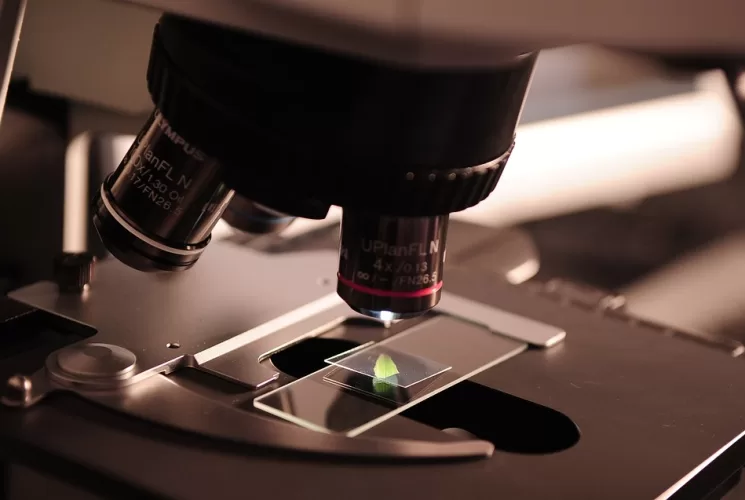
Title: The Ethics of Biotechnology: Balancing Innovation and Responsibility
Introduction
Biotechnology has revolutionized numerous industries, from healthcare and agriculture to environmental conservation. It offers immense potential for improving human lives and solving pressing global challenges. However, as the field advances, it becomes imperative to address the ethical implications associated with biotechnology. Striking a delicate balance between innovation and responsibility ensures that biotechnology progresses in a manner that benefits society while respecting ethical boundaries.
1. Promoting Ethical Research and Development
Biotechnological advancements often involve experimenting on living organisms, including animals and humans. To uphold ethical standards, it is crucial to prioritize the well-being and rights of these entities. Research should be conducted with the utmost care, adhering to strict guidelines and regulations. Ensuring transparency, informed consent, and minimizing potential harm are essential principles that guide ethical biotechnology research and development.
2. Safeguarding Genetic Privacy
One of the key ethical concerns in biotechnology revolves around genetic privacy. As biotechnological innovations focus on personalized medicine and genetic testing, protecting individuals’ genetic information becomes paramount. Striking a balance between innovation and responsibility entails implementing robust data protection measures, ensuring informed consent, and strict regulations to prevent misuse of genetic data.
3. Addressing Socioeconomic Disparities
Biotechnology has the potential to exacerbate socioeconomic disparities if not carefully managed. Access to advanced treatments, such as gene therapies, must be equitable, irrespective of an individual’s socioeconomic status. Ethical considerations involve ensuring affordability, providing access to disadvantaged communities, and preventing biotechnology from becoming a tool that widens the gap between the privileged and the marginalized.
4. Mitigating Environmental Impacts
Biotechnology plays a significant role in agriculture and environmental conservation. While it offers solutions to pressing environmental challenges, ethical concerns arise regarding potential unintended consequences. Striking a balance means ensuring that biotechnology innovations do not harm ecosystems, biodiversity, or disrupt natural processes. Responsible practices, such as conducting thorough environmental impact assessments, adopting sustainable agricultural practices, and promoting biodiversity conservation, must be integral to biotechnological advancements.
5. Ethical Considerations in Human Enhancement
The realm of biotechnology raises ethical concerns when it comes to human enhancement. While certain enhancements might improve human capabilities, it is essential to navigate this territory ethically. Balancing innovation and responsibility means considering the implications of these enhancements on human dignity, equality, and possible unintended consequences. Open dialogue, ethical frameworks, and regulatory measures should guide the development and implementation of human enhancements.
Conclusion
The field of biotechnology holds immense promise for addressing societal challenges and improving human lives. However, it is crucial to navigate this territory responsibly, considering the ethical implications associated with advancements in the field. Striking a balance between innovation and responsibility ensures that biotechnology progresses in a manner that respects human rights, genetic privacy, environmental sustainability, and promotes equitable access. By upholding ethical principles, we can harness the potential of biotechnology while safeguarding our collective well-being.
© Copyrights by Soulfulls. All Rights Reserved. Developed by Soulfulls